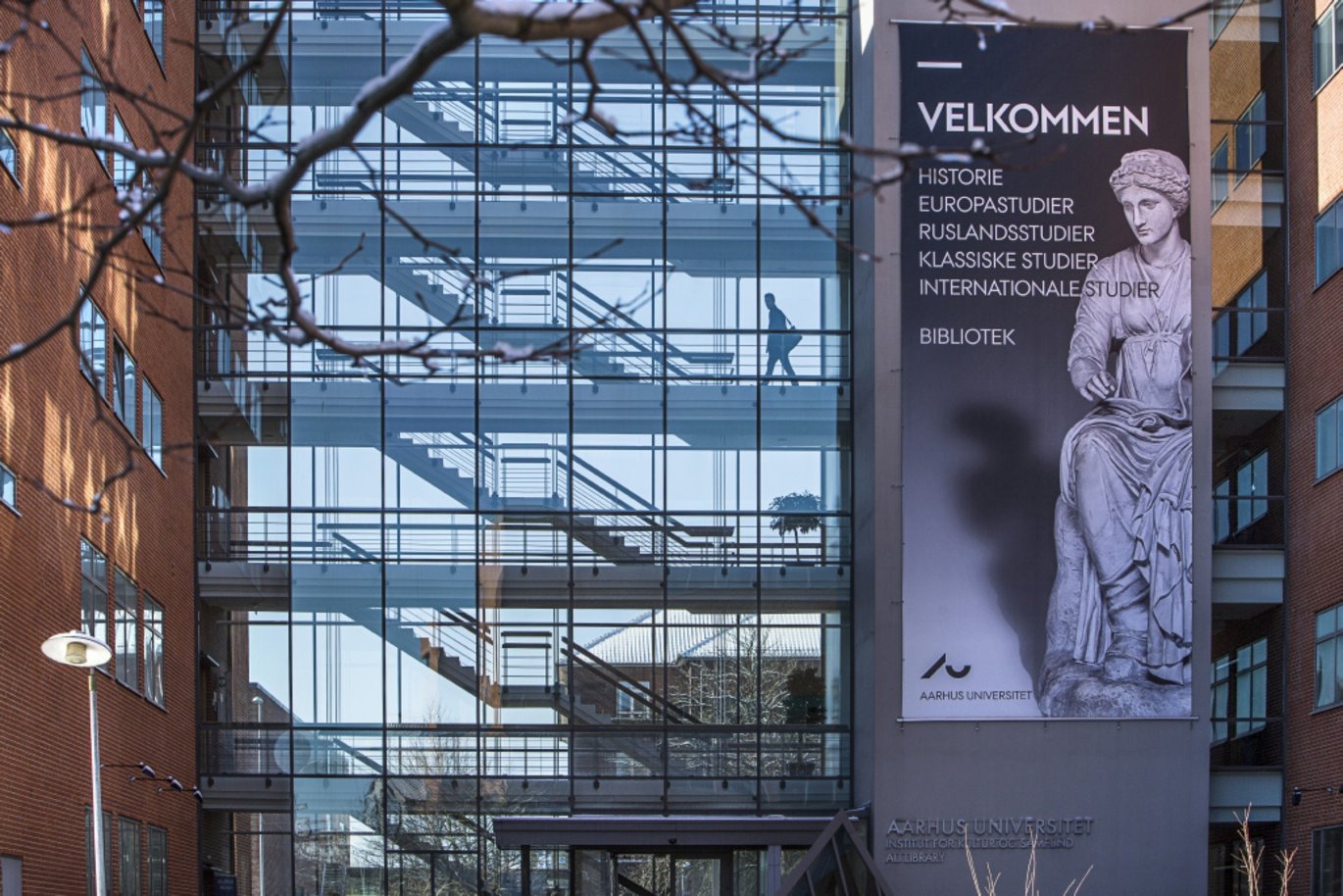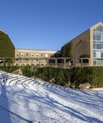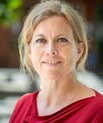New centre offers more digital opportunities for researchers at Arts
Digital technologies are an important tool for handling large data sets as well as systematising and locating patterns in qualitative source material. Therefore, a new centre has been established at the Faculty of Arts to support research projects in the humanities at Aarhus University and to develop new digital tools facilitating the researchers’ work.

Over the past years, there has been a significant increase in the use of digital knowledge resources and analysis methods in the humanities in the leading international research environments. This development has also played a role at the Faculty of Arts, where the use of the new technological opportunities has spread from the ‘original’ digital fields of research to new ones, such as the study of religion, history and comparative literature. In addition to their classical areas of expertise, an increasing number of researchers also have experience or special competences in the use of the new technological resources. Last year, the faculty carried out a competence development course in the use of digital research tools entitled “Digital Literacy” in which almost 50 members of the academic staff participated.
A strategic initiative at the Faculty of Arts
The faculty has therefore decided to establish the Center for Humanities Computing (CHC) as a hub for all the researchers and activities at the Faculty of Arts using digital research resources. The centre is based at the School of Culture and Society, but as a cross-disciplinary faculty initiative.
“We’re talking about a significant academic development which cuts across many of the faculty’s areas of research, and which will undoubtedly also have an impact on our collaboration with the Royal Danish Library and other cultural institutions and international colleagues. Therefore, we’ve also taken the time to listen to the researchers who know the field, and have consulted them about their international experience before deciding on how to approach it. It’s important to us that it’s research-driven technology development and not the other way around,” says Dean Johnny Laursen, who is pleased with the launch of the initiative.
The centre will be headed by a centre director, who will be assisted by a steering committee with representatives from the schools, chaired by Vice-dean for Research Anne Marie Pahuus. CHC will naturally be working closely with the national research infrastructure DigHumLab, and will involve the units and competences that are available at the Faculty of Arts. The dean is very pleased that Associate Professor Kristoffer Nielbo has accepted to take on the position as centre director.
“Kristoffer Nielbo is strongly anchored in the humanities, and it’s unlikely that anyone knows the new digital research opportunities better than he does. He played a major role in our competence development project, and he knows the faculty and areas of research very well,” says Johnny Laursen.
Supporting research projects at the Faculty of Arts
The new centre takes a cross-disciplinary approach to supporting the researchers at the Faculty of Arts in connection with existing projects and starting new ones.
“The data generated today is often something that humanists have some knowledge about. Whether it’s social media data or digitalised newspapers. Soft data which is related to opinions and values, and which cannot be presented in a spreadsheet. That’s where we come in. We can help the researchers with large data sets and other challenges which they cannot just solve on their laptops,” says Kristoffer Laigaard Nielbo.
“An example of a project that we’re already involved in deals with bestsellers in literature. Why is it that certain books among so many become particularly popular? Which characteristics should a book have in order to become a bestseller? Another example is a cross-disciplinary project on the use of coercion in psychiatry, where we work with patient records. Is it possible to predict when a psychiatric patient will be subjected to mechanical restraint early enough to reduce the use of it?”, says Kristoffer Laigaard Nielbo.Developing digital tools for researchers
The objective of the centre is, however, also to communicate knowledge about existing technologies and to develop new ones facilitating the researchers’ work.
“We’re involved in a major project together with the University of Southern Denmark and Aarhus University focusing on ‘speech to text’. For example, it could be an anthropologist with a large amount of taped material. Today, he or she needs to spend a lot of time transcribing it. Based on existing systems, we’ve been working on developing some tools for automating the transcription of interviews. This way, we’re further developing existing technologies to make things a bit easier for our researchers,” says Kristoffer Laigaard Nielbo.
To ensure that the centre will not be an isolated unit, efforts have been made to develop an organisation that is present everywhere at the Faculty of Arts.
“We’ll be available to all departments at Arts, so that people can always contact us. There will always be someone from the centre who the researchers can talk to if they need support for a specific project or if they need to discuss their options. Our aim is user-orientation, and to develop the researchers’ projects together with them,” says Kristoffer Laigaard Nielbo.
Further information:
The Center for Humanities Computing (CHC) opened on 1 February 2019 and is located in the Nobel Park.
From 1 March, there will be a centre website where researchers can read more about the possibilities for support and development of their projects. For further information, please contact Kristoffer Laigaard Nielbo (kln@cas.au.dk).

